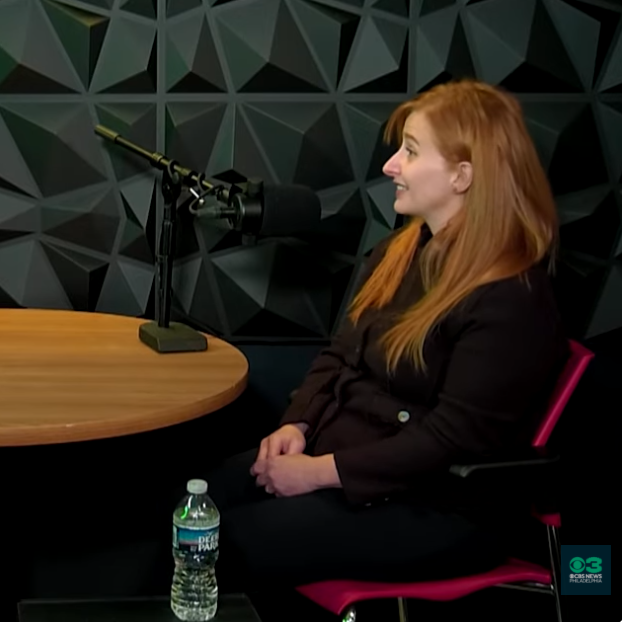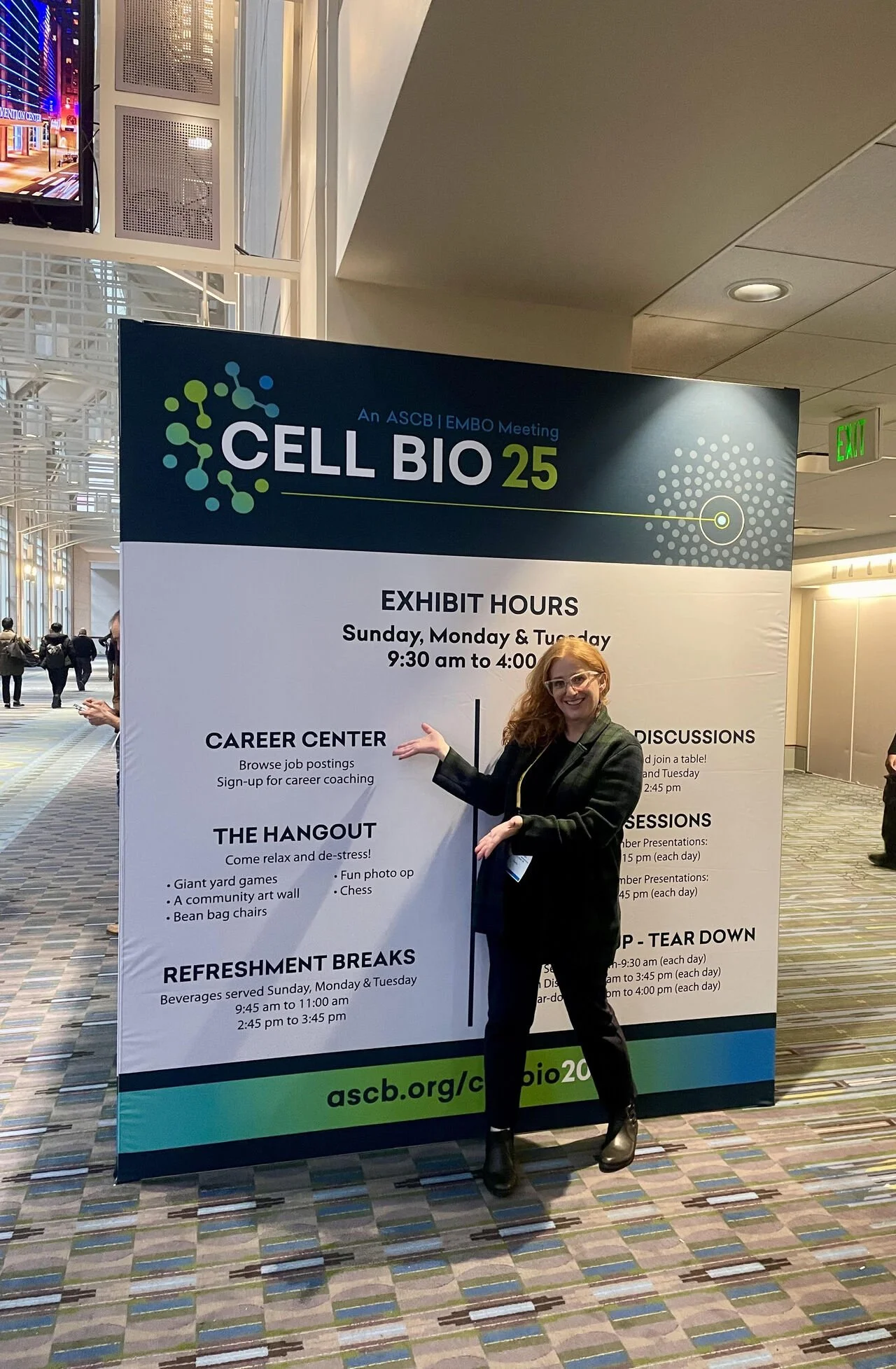Work-Life 101
In the latest episode of the In Your Corner podcast from CBS News Philadelphia, Philly Career Coach Rita Friedman unpacks why so many workers avoid taking time off, what it's actually costing us, and how you can protect your time, your mental health, and your work‑life balance.
What You Need to Know About Side Hustles
Career expert Rita Friedman (right) with Good Day Philadelphia hosts Alex Holley (left) and Mike Jerrick (center) discussing side hustles
Work-Life Balance with Fox29
Career expert Rita Friedman joins Kamryn Scrivens, Kathy Orr, and Dawn Timmeney on new local Fox29 tv show “The Ladies Room” to talk about work-life balance.
Habits of Successful People
Career development coach Rita Friedman shares secrets to success with Investopedia
I Have Things To Say About Interviewing & The Art Of Negotiation
Featured Speaker Rita Friedman on Interviewing and the Art of Negotiation at “I AM BECOMING,” a virtual event experience cultivating growth, ambition and community in a supportive one-on-one and group mentoring environment
Philadelphia’s Best Career Services 2021!
Rita Friedman, Certified Career Coach named Best Career Services by Philly Happening List 2021!



















